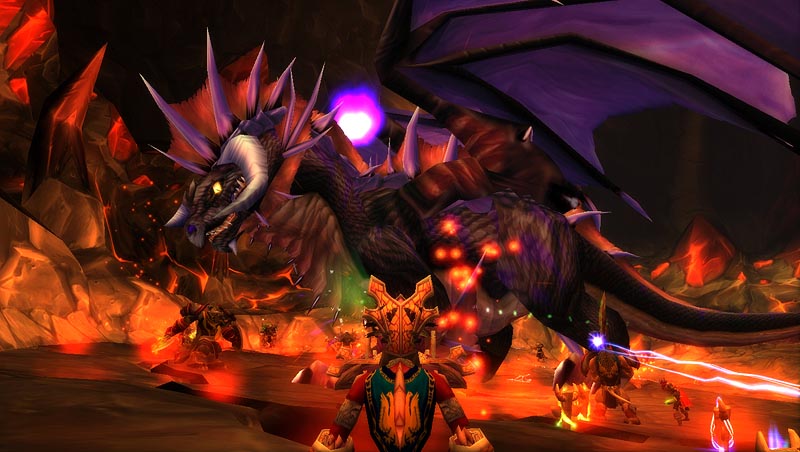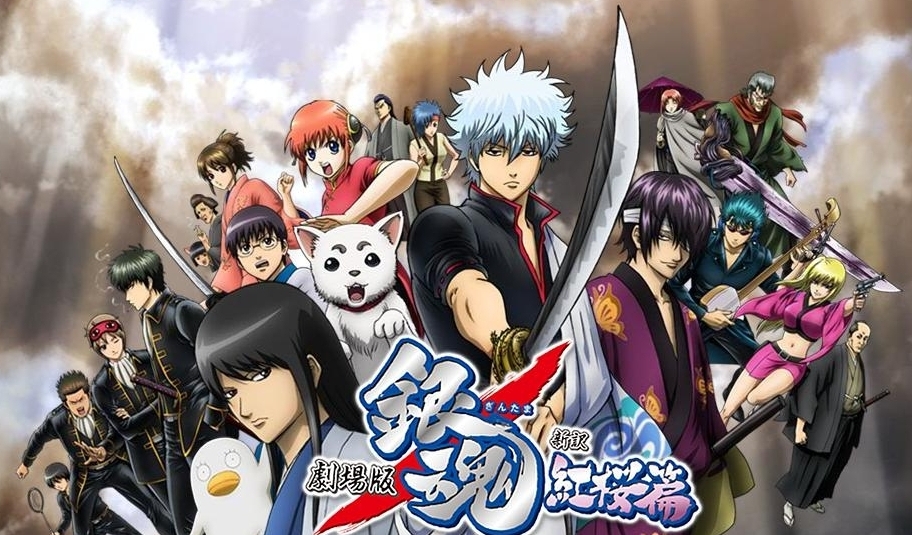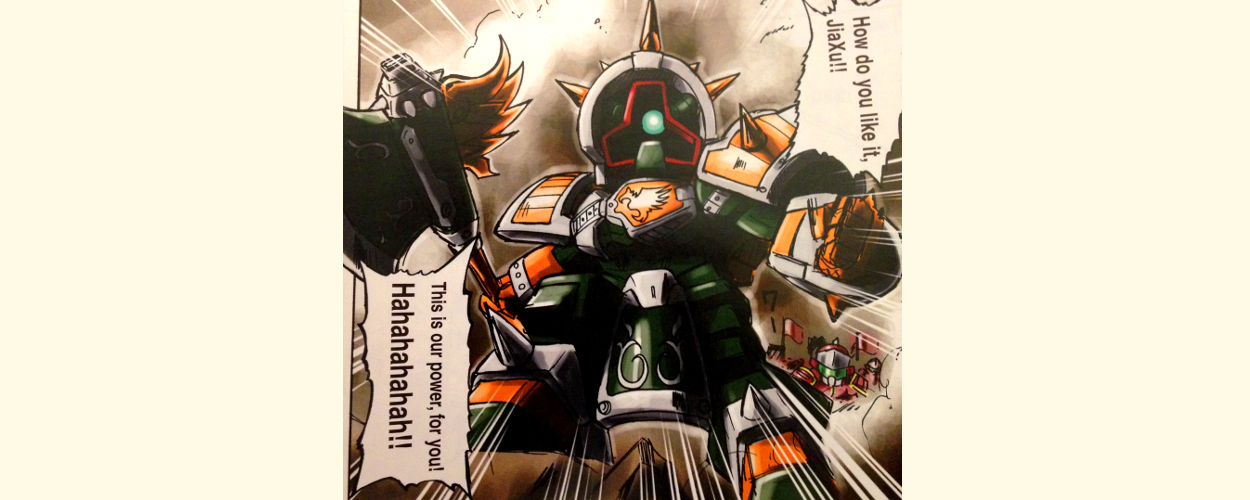A World of Its Own
I can’t talk about genre changes without mentioning World of Warcraft, that great, lumbering elekk in the room. Warcraft‘s move from humble RTS to a genre-redefining blockbuster was an incredible risk, but it was one that just might be the most successful genre switch in all of gaming.
Picture yourself back in the early 2000s. Blizzard is already a pretty renowned developer. Diablo II‘s expansion is kicking all sorts of ass, and Starcraft potato chips are being sold in South Korean snack marts. Warcraft II is considered a classic, and the more recent Warcraft III has been received to positive acclaim. However, when it comes to MMOs, Blizzard’s experience looks thinner than a college dropout’s resume.

For the time, MMOs were as esoteric as games got with relatively small yet rabid followings. They required monthly subscription fees, always-online access, and plenty of server space. With such high barriers of entry, they had yet to penetrate a truly mainstream market. Everquest and Ultima Online ruled as kings in the fantasy MMO-space. EVE Online wouldn’t become noteworthy for a few more years, and Star Wars Galaxies, powered by a franchise that should by all accounts have been a complete knockout, was floundering. So how could Warcraft, a well-liked franchise in its own right, possibly have succeeded on the MMO front? Well, Blizzard took all the best bits of the top MMOs currently out there, simplified the features, cut what didn’t work, and ended up with a worldwide phenomenon that made Warcraft a household name.
The risk was huge, the reward world-destroying. WoW‘s smashing success spawned an MMO rush that to this day is still ongoing. Yet it remains king. Regardless of where it is now (or where it’s going), WoW should always be remembered as the risk that won it big time.
The Games, They are A-Changin’
Even these franchises, that once shook worlds with their changes, must again evolve with the times. The success of these games must be replicated, as all sequels aim to do, and so new risks must be taken. But can the current games market sustain risks such as those done in the past?
All the game series I’ve mentioned made some big changes, and they all paid off. But with any good sequel, the idea is that what works once will surely work again. The innovation becomes the standard, and there’s always the one-upmanship that occurs in the wake of a risky yet successful move. What sequels, genre changers, and risks await our four franchises?
Last year, Blizzard put the Warcraft franchise into the competitive circuit with the release of its free to play digital card game, Hearthstone: Heroes of Warcraft, smashing expectations and gamers’ wallets at the same time. Like Pokémon’s move to a different format, Hearthstone put Warcraft into an even more accessible format by being available via desktop, tablet, and iPhone and Android. As for World of Warcraft, interest has waned in its 11-years-and-counting run, but it still holds the largest MMO subscription base in the world and is releasing its sixth expansion soon.
The lasting, widespread appeal of the Pokémon franchise has seen success in just about everything it’s gotten its hands on, including the mobile space and forthcoming arcade scene. Yearly releases of both handheld games and TCG sets leave it fresh in the minds of all. Things have plodded along well enough for Pokémon until the exciting announcement of the Pokémon MMO everyone and their mother has been asking for. Kind of. It’s a genre change for the times.
Mass Effect‘s main trilogy has ended, and Bioware’s course is set to return to the ME universe with a focus on a different part of the galaxy, away from their previous entries. I gotta applaud them for Mass Effect Andromeda, or the concept at least. Choosing to stray from their reliable cast and leave their trilogy as it stands to show us new parts of their world is the kind of risk I can’t wait to see paid off. Or if it doesn’t work out, I’ll lament its failure and the harsh reality that taking risks sometimes doesn’t sell.
The last is Unreal. A reboot of UT is on the horizon; it’s even called Unreal Tournament. I fear it’s a step in the wrong direction as far as sequels go, because I question how much love gamers as a whole have for the franchise. Where will it exist in a space where Call of Duty and Battlefield rule the multiplayer space? Whether it’s a regressive move or actually strong enough to recapture the flags of nostalgia, we’ll just have to see. Perhaps UT2015 will have a place in the old-school throwback section, but that’s a different kind of old school being captured.
—
By all accounts, the sequels for the Unreal, Mass Effect, Pokémon, and Warcraft series could have blown up in the developers’ faces. Instead, making the changes they did – when they did – cemented these games’ success in the hearts of gamers worldwide. The major departures or slight adjustments to the way these sequels were played proved not only a fresh change of pace for their franchises but for their respective genres as well.
Sequels don’t have to try to make gigantic impact craters in the gaming world, but when they do, it’s only to our benefit.








